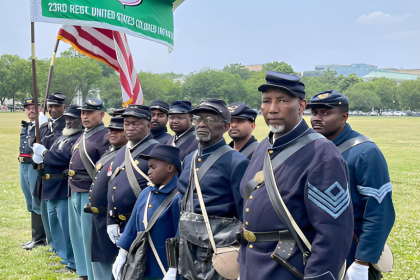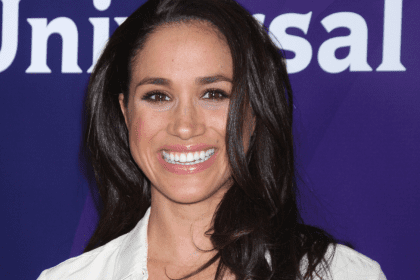 Former Peace Corps volunteer Adrienne Fagler says if you love helping people, enjoy being exposed to different cultures, like to sample exotic foods and don’t mind being away from your family for two years, then the Peace Corps might be for you.
Former Peace Corps volunteer Adrienne Fagler says if you love helping people, enjoy being exposed to different cultures, like to sample exotic foods and don’t mind being away from your family for two years, then the Peace Corps might be for you.
A colleague who would wax poetically of her exhilarating experiences while they worked together at a New York law firm sparked Fagler’s interest in the Peace Corps. “She had served in Thailand. And after speaking with her, I knew it was something I wanted to do because her experiences were just so diverse. I love different cultures. I love languages,” she says.
Fagler, a program analyst for the U.S. Environmental Protection Agency, was a part of the Peace Corps from 1995–97. She served as a small business development volunteer in Saratov, Russia, about 500 miles south of Moscow on the Bulcan River.
Fagler shares how people can maximize their opportunities in joining the Peace Corps:
1. Obtain an undergraduate degree: Fagler, a Northern Virginia native, graduated from Virginia State with a bachelor’s in psychology and received her master’s from Morgan State in city and regional planning. Fagler says having at least a bachelor’s degree is “not a requirement,” to join the Peace Corps, but “the majority have a bachelor’s degree, and if you don’t, you’re not going to be competitive [enough] to get in.”
2. Be self-possessed and independent: “I loved my experience, totally. It’s the type of thing that can really change you as a person because you are away from your family and friends. It can make you much stronger person. I don’t mind living by myself. I don’t mind exploring new things and having challenges,” says Fagler.
3: Have to be comfortable working and living in adverse elements: I don’t think the Peace Corps is for everybody, though,” Fagler says. “I mean, it was the perfect thing for me. But it can be challenging to working on ice six months out of the year. If you’re not into the cold environment, it could be difficult [living in Russia]. You have to be really open to anyone, and if you’re really open [to] any type of foods, the Peace Corps is for you.
4. Ability to speak another language: Fagler was fluent in Russian.
After Fagler completed her tour, she was determined to transition to an occupation where she could continue to serve. At the EPA, Fagler is able to help protect human health from environmental hazards.
“It feels wonderful to know that you are making a difference, not only in your state but the world,” Fagler said. –terry shropshire










